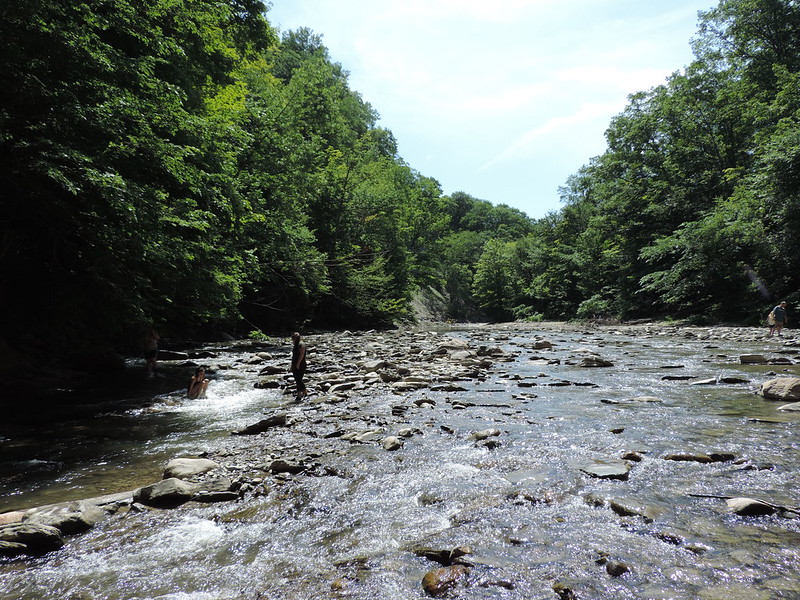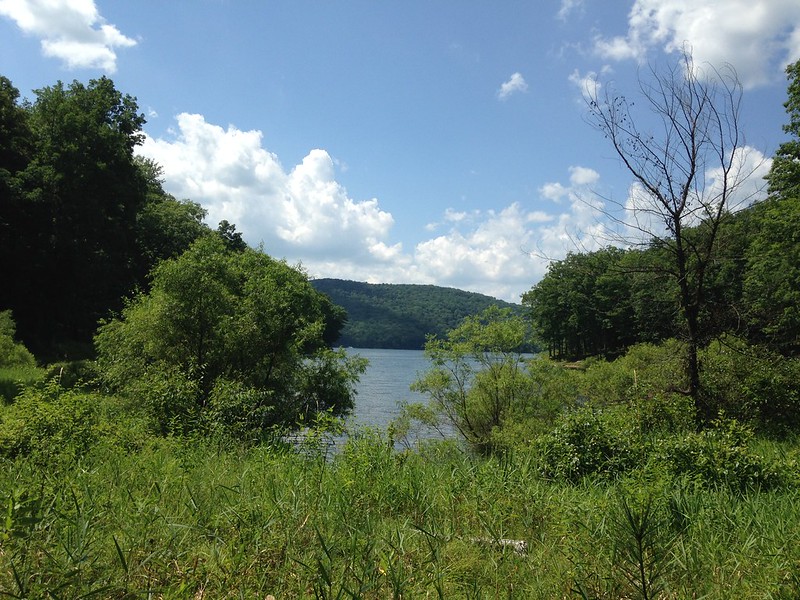2020 marks the beginning of a new way forward in more ways than one. It’s the beginning of a new decade, one of which that is already filled with many uncertainties. The year is defined by Wikipedia as follows:
“The 2020s (pronounced “twenty-twenties”) is the current decade in the Gregorian calendar, which began on 1 January 2020 and will end on 31 December 2029.
The decade began with the coronavirus pandemic which quickly spread to 210 countries and territories. The pandemic led to severe global socioeconomic disruption, the postponement or cancellation of sporting, religious, political and cultural events, and widespread shortages of supplies exacerbated by panic buying. Due to reduced travel and closures of heavy industry, there was a decrease in air pollution and carbon emissions.”
The interesting thing about Wikipedia is that its definitions change with time. This definition is not written in stone. As I read about all of discussions of when and how we will all “return to normal” once the coronavirus pandemic passes I find myself wondering “should we return to ‘normal’, or perhaps instead should we take advantage of this opportunity to create a new ‘normal’”?
If I were to rewrite the definition of 2020 it would read:
“The 2020s, which began on 1 January 2020 and ended on 31 December 2029, was a transitional time for humanity. The decade began with the outbreak of the coronavirus which led to unprecedented socioeconomic disruption. This disruption inspired a significant shift in the human perspective that changed the trajectory of the entire planet.
It was during this time when humans returned to their basic skills and values. They re-learned the once-lost art of growing their own food. They began giving back to their local businesses and communities through volunteerism, financial support, and providing services to those in need. Humanity’s appreciation of nature was renewed. An increased determination to protect the environment around them resulted in saving hundreds of plants and animal species from extinction. During this decade, many lives were lost, but many lives were also saved as a result of this greatly transitional time.”
We are being presented with an opportunity to change history and to rethink what we value, to reshape our economy and our society based on our values. I wonder, what do you envision as the new “normal”? What do you want this time to be remembered as? What do you want the future to look like? Now is the time to make those changes. Now is the time to put people and planet first.

Fifty years ago, on April 22, 1970, the first Earth Day was celebrated. As a result, many environmental habits and laws came into being, including the Clean Air and Water Acts and the Endangered Species Act. Fifty years is a long time to see real results, and many of us may have forgotten just how far we have come since then. It is a hard thing to remember when you are ten how the river looked compared to how it looks now. Slow change is very hard to measure, so hard that sometimes we forget that the change has even occurred. The truth is that great strides have been made, but there’s still some ways to go.
The changes right now are much faster, because the change in human behavior has been much faster. My wish is that we expand our desire to preserve and protect humanity through this crisis to include the preservation and protection of all species, and of the Earth as a whole. For all those who say “We can’t make a difference,” we are making a difference right now. A huge one. The difference is life-changing for so many.
In Belgium, seismologists have reported that their instruments on the Earth’s surface are able to pick up the subtleties of the planet usually picked up by instruments buried 100 meter under the surface. “Noise” has fallen 30%, as if there were two people talking and suddenly one stopped. Weather patterns are changing, air quality is improving, people in cities are hearing birds sing that they didn’t even know lived in the city. Audubon’s birdseed is flying off the shelves because people at home are noticing the birds in their backyards, perhaps for the first time, and they’re taking the time to stop and enjoy their incredible beauty.
This moment is a remarkable opportunity. We, as humans, can make a difference in life across the planet. Our daily choices, though influenced now by efforts to contain a pandemic, affect the world.
I hope that when the Wikipedia entry is finalized for 2020, that it tells the story of a people that rose to the challenge, that overcame personal loss, community loss, and global hardship to create a safer, healthier planet for all. That humans became a beneficial part of the natural world, not a collective user and abuser. That they embraced the spirit of the 50th Earth Day Anniversary and bettered the entire planet as they bettered their own cultures. Now THAT would be the epic start to a new decade.
Audubon Community Nature Center builds and nurtures connections between people and nature. ACNC is located just east of Route 62 between Warren and Jamestown. The trails are still open from dawn to dusk as is Liberty, the Bald Eagle. Though the Nature Center is currently closed, including restrooms, due to COVID-19 restrictions, drive-thru sales are available from the Blue Heron Gift Shop. More information can be found online at auduboncnc.org or by calling (716) 569-2345.
Leigh Rovegno is the Executive Director at ACNC.


Recent Comments